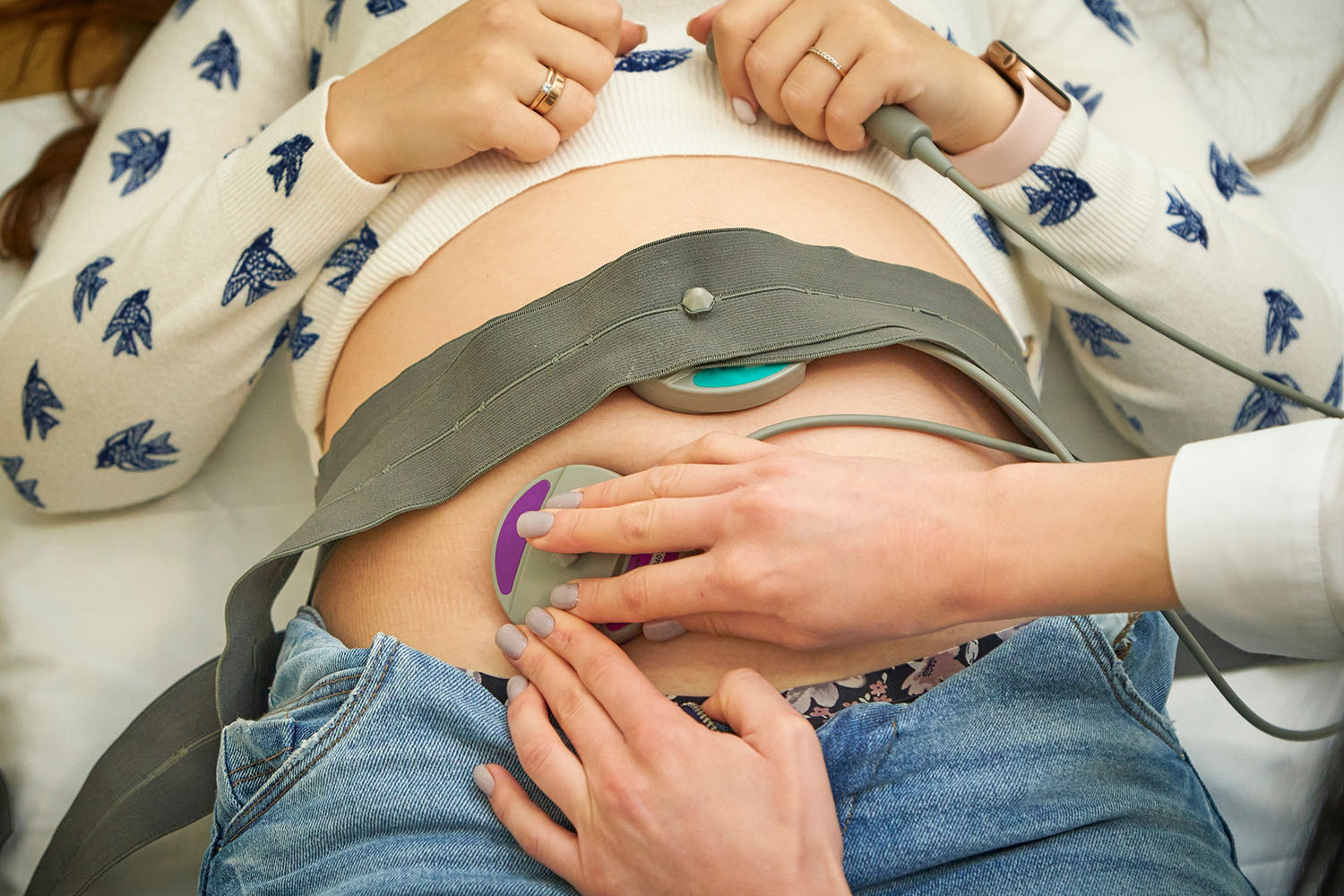Overview
Prenatal care has advanced significantly over the years, allowing for better monitoring and early detection of potential health issues in unborn babies. One of the critical diagnostic tools in this regard is the fetal echo test. This sophisticated ultrasound examination focuses on the fetal heart, offering invaluable insights into its structure and function.
What is a Fetal Echo Test?
A fetal echo test, or fetal echocardiography, is a specialized ultrasound used to evaluate the heart of a developing fetus. Typically performed between the 18th and 24th weeks of pregnancy, this non-invasive test provides detailed images of the fetal heart’s anatomy and blood flow. The primary objective is to detect congenital heart defects (CHDs) and other cardiac abnormalities early, ensuring timely medical intervention if necessary.
Why is a Fetal Echo Test Important?
Congenital heart defects are among the most common types of birth defects, affecting approximately 8 in every 1,000 live births globally. Early detection through a fetal echo test can significantly improve outcomes for affected infants. By identifying potential issues before birth, healthcare providers can plan appropriate care strategies, including specialized delivery plans and immediate postnatal treatment, if needed.
When is a Fetal Echo Test Recommended?
Not all pregnancies require a fetal echo test. However, it is recommended in cases where there is an increased risk of fetal heart abnormalities. These risk factors include:
- Family History: A family history of congenital heart defects.
- Maternal Health Conditions: Conditions such as diabetes, lupus, or phenylketonuria.
- Exposure to Certain Medications or Substances: Use of medications known to increase the risk of CHDs.
- Abnormal Ultrasound Findings: Previous ultrasound showing potential heart problems.
- Genetic Disorders: Presence of genetic disorders such as Down syndrome.
How is a Fetal Echo Test Conducted?
A fetal echo test is similar to a standard ultrasound but focuses specifically on the fetal heart. The procedure involves:
- Preparation: The expectant mother lies on an examination table, and a special gel is applied to her abdomen to enhance the quality of the ultrasound images.
- Imaging: A transducer, which emits sound waves, is moved over the abdomen. These sound waves create detailed images of the fetal heart on a monitor.
- Analysis: A fetal cardiologist or a specially trained sonographer analyzes the images, checking for normal heart structure and function, blood flow patterns, and rhythm.
International Research and Advances
Research in fetal echocardiography continues to evolve, improving diagnostic accuracy and treatment options. A notable advancement is the integration of 3D and 4D imaging technologies, offering more detailed and dynamic views of the fetal heart. Studies have shown that these advanced imaging techniques can enhance the detection of complex congenital heart defects, leading to better prenatal and postnatal care.
For example, a study published in the Journal of the American Society of Echocardiography highlighted the benefits of 3D echocardiography in visualizing complex heart structures and improving diagnostic confidence. Additionally, international research collaborations are focusing on refining screening protocols and developing new interventions to address fetal heart conditions effectively.
The fetal echo test is a crucial component of prenatal care, offering a window into the fetal heart’s health. By enabling early detection and intervention for congenital heart defects and other cardiac abnormalities, this test plays a vital role in improving outcomes for newborns. As technology and research continue to advance, the capabilities and accuracy of fetal echocardiography will only improve, providing even better care for expectant mothers and their babies.
Investing in fetal echo testing and staying informed about its benefits can make a significant difference in ensuring a healthy start for the next generation. If you have concerns or fall into a high-risk category, consult your healthcare provider about the potential need for a fetal echo test during your pregnancy.




